Description
Activated Black Seed oil benefits
Activated Black Seed Oil benefits are widely known. Firstly, It is a blend of powerful natural ingredients and contains 100 per cent organic oils of black cumin seed. Secondly, it also contains styrian pumpkin seed, flax seed, and 100 percent organic essential oils of oregano and lemon. As a result, these give significant benefits to the body with their immunity boosting, anti-inflammatory and anti-bacterial powers. Finally, ABS is also detoxifying and healthy support to heart, kidney, liver and brain.
Activated Black Seed Oil benefits are:
– Improves immune system significantly
– Reduces Inflammation
– eczema and psoriasis
– Fight asthma
– Promotes healthy heart
– Helps to keep healthy prostate
– ease arthritis symptoms and gut problems
– eliminate intestinal parasites
– skin itchiness
– reduce blood pressure
– fight allergies
– restore hair loss
– reduce menopausal symptoms
WHAT ARE THE ACTIVATED BLACK SEED OIL BENEFITS?
BLACK SEED OIL BENEFITS: ORGANIC DIETARY SUPPLEMENT FOR YOUR IMMUNE SYSTEM:
Firstly, Activated Black Seed Oil benefits a variety of complications and issues. In addition, these include low immunity, skin problems, prostate issues, and bacterial infections. As a result, Activated Black Seed Oil has shown to be able to support immunity and provides antioxidant and anti-inflammation properties. Finally, it also has antiviral properties to fight common infections as well.
Taking Activated Black Seed Oil daily will reactivate your and boost your body’s defence system!
BLACK SEED OIL BENEFITS: HEALTHY NUTRIENTS FOR A STRONGER BODY:
Activated Black Seed Oil holds a complex blend of ingredients. All of which are good in strengthening the bodies resistances!
HOW TO EXPERIENCE ACTIVATED BLACK SEED OIL BENEFITS:
1/2 – 1 teaspoons for adults daily. Take on empty stomach.
1/4 – 1/2 teaspoons for children daily.
Can also be applied topically.
Storage: Keep in the cool, dark room, avoid sun.
THE INGREDIENTS AND THEIR BENEFITS TO YOUR BODY!
Black Seed Oil (N. sativa)
Pumpkin Seed Oil (Pepita Oil)
Scientists have proven that Pumpkin seeds can reduce the risk of breast cancer in post-menopausal women.
The future is promising for men as well as women — pumpkin seeds may also reduce or inhibit the growth of prostate cancer cells. Pumpkin seed oil, in particular, can reduce the effects of specific carcinogens, making it a useful natural cancer treatment for many different types of cancer.
For those currently being treated for cancer, pumpkin seed oil may also be an answer to common problems. Its antioxidant properties create a filter for radiation and protect against or prevent small intestinal damage from a treatment for several types of cancer and also rheumatoid arthritis.
Omega 6 Fatty Acid
Pumpkin seed oil contains linoleic acid, an omega-6 fatty essential fatty acid. These omega-6 fatty acids are crucial for normal growth and development and for brain function. They also help to stimulate hair and skin growth, regulate metabolism, and maintain bone health and the reproductive system, according to the University of Maryland (UM) Medical Center.
Phytosterols
The phytosterols in pumpkin seed oil can help to lower blood cholesterol. They work by interfering with cholesterol absorption in the intestines, according to the British Journal of Nutrition.
Vitamin E
Firstly, The tocopherol in pumpkin seed oil is a powerful antioxidant, also known as vitamin E. In addition, this helps the body use vitamin K. It also has a role in the formation of red blood cells, according to the UM Medical Center.
Vitamin K
First of all, pumpkin seed oil is a source of vitamin K. Next, This vitamin can help promote strong bones in elderly people. It’s needed by everyone, reveals the UM Medical Center, because blood would not stick together, or coagulate, without it.
Phytoestrogens
The oil of pumpkin seeds is a rich source of phytoestrogens, a property that helped lower to lower blood pressures in rats during a 12-week study on pumpkin seed oil supplementation, according to M. Gossell-Williams, who authored the 2008 study published in “Phytotherapy Research.”
Flax Seed Oil
- Excellent natural source of Omega-3 fatty acids
- Omega-3 fatty acids are essential dietary additions
Firstly, Flaxseed oil, also known as Linseed oil, is an excellent natural source of Alpha Linolenic Acid (ALA) which is an Omega-3 fatty acid. Secontly, As the body is unable to produce them on its own, Omega-3 fatty acids are essential dietary additions. Finally, Alpha Linolenic Acid (ALA) contributes to the maintenance of normal blood cholesterol levels.
Organic Oregano Oil
Oregano oil is high in phenols,with beneficial antioxidant effects. The two most abundant phenols in it are:
Oregano also contains Nutrients like vitamins A, C, and E, calcium, magnesium, zinc, iron, potassium, manganese, copper, boron, and niacin
What are the benefits of oregano oil?
Oregano oil has wide-reaching health benefits. People often associate it with respiratory and immune system health. It is known for helping prevent and treat infections, such as:
- Urinary tract infections (UTIs) caused by bacteria like E. coli,
- Respiratory infections brought on by bacteria strains.
- Yeast infections, even those that are resistant to the commonly used antifungal drugs
- Parasitic infections caused by the amoeba giardia — it was even found to be more effective than antibiotics .16
- (MRSA) infection — A team of Indian and British researchers found that oregano oil has strong antibacterial properties that can help kill this deadly superbug.
Oregano oil has also shown promise in preventing food-borne illnesses caused by pathogens. Adding it to foods not only helps kill the bacteria, but may also alleviate food poisoning symptoms.
An animal study from University of Arizona researchers also found that oregano oil can help kill norovirus,18 . Oregano oil is also a prized antiseptic essential oil in aromatherapy because its proportion of phenols is said to be the highest of all aromatic plants.
Organic Lemon Oil
It is added to boost the liver detox as our liver is the most important organ to clear the toxic in our body.
Reference:
- Nutrition and Cancer, 2013, “”: http://www.ncbi.nlm.nih.gov/
pubmed/23859042 - International Journal of Oncology, June 2011, “”: http://www.ncbi.nlm.nih.gov/
pubmed/21468543 - “Environmental Toxicology,” : http://onlinelibrary.wiley.
com/doi/10.1002/tox.20763/ abstract - Journal of the Science of Food and Agriculture, June 2015, “: http://www.ncbi.nlm.nih.gov/
pubmed/26033409
Reference 2
- Indian Journal of Biochemistry & Biophysics, December 2011, “: http://www.ncbi.nlm.nih.gov/
pubmed/22329239 - Uroligia Internationalis, 2011, : http://www.ncbi.nlm.nih.gov/
pubmed/21709398 - Nutrition Research and Practice, 2009, http://www.ncbi.nlm.nih.gov/
pubmed/20098586 - Journal of Biosciences, September-October 2014, http://www.ncbi.nlm.nih.gov/
pubmed/25711042




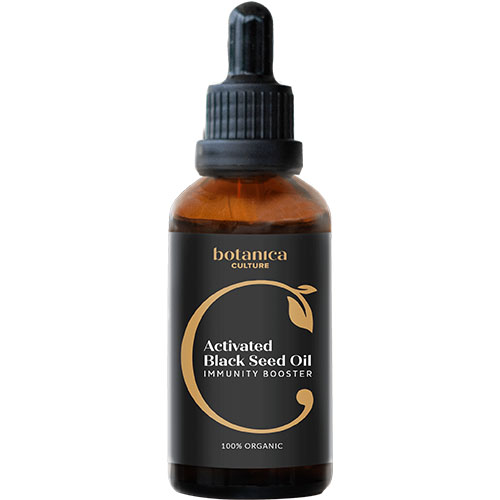
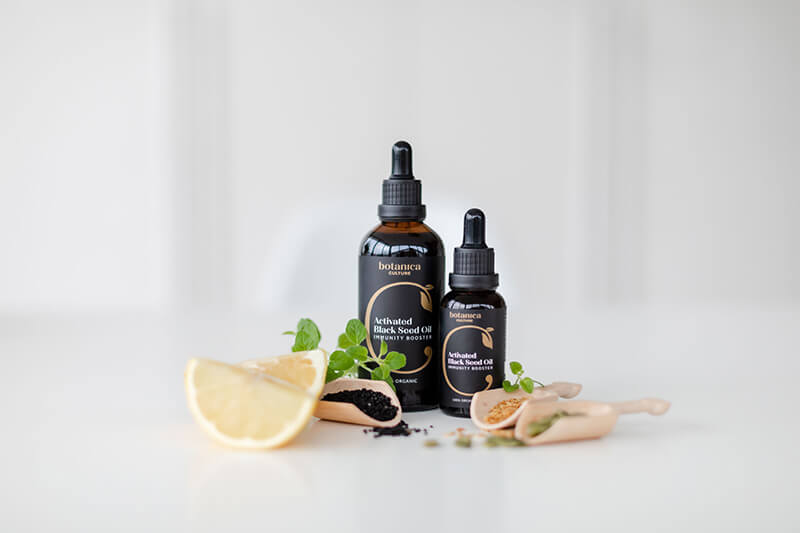
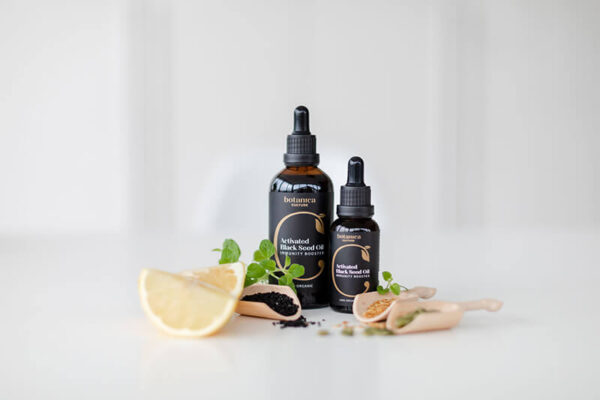

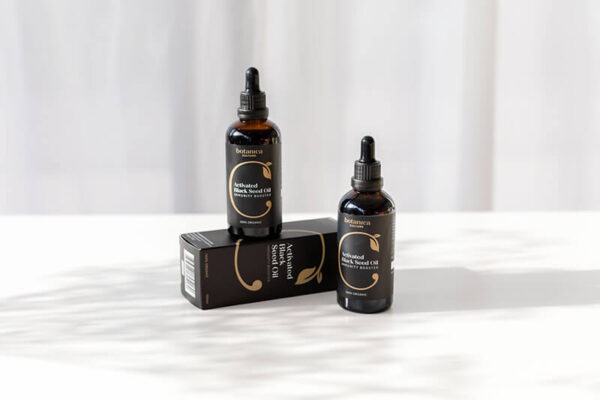
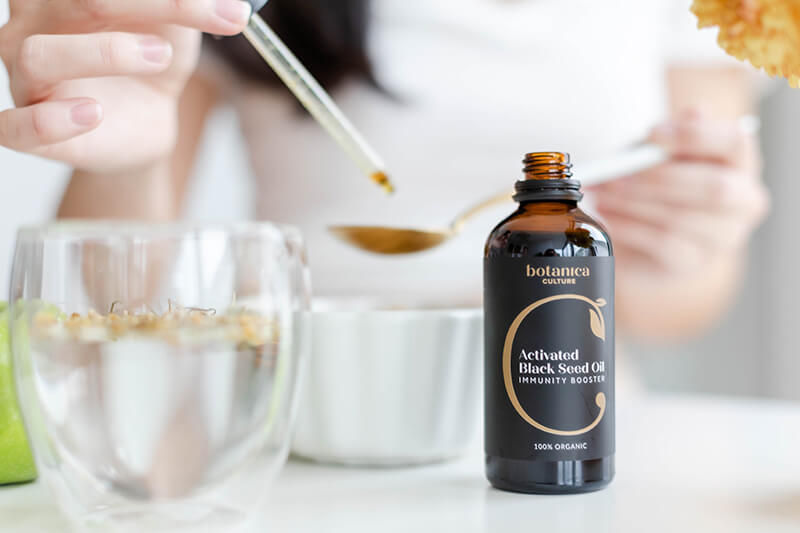
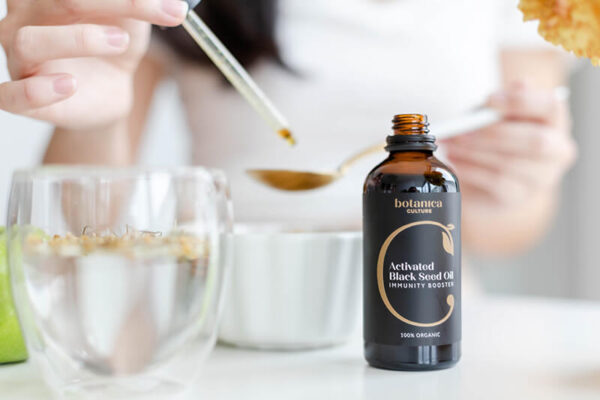
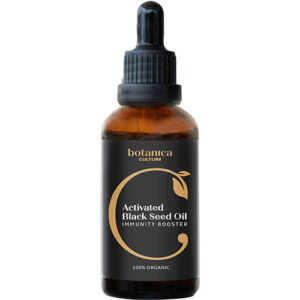
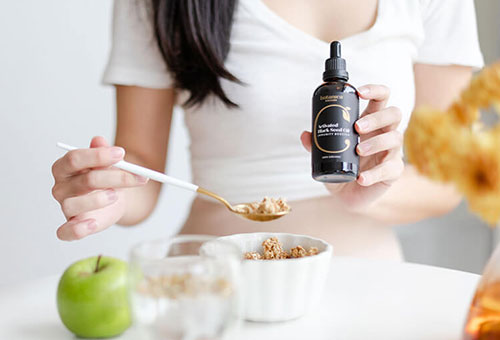 Black Seed oil has been used as a healing remedy for thousands of years, prized as an antioxidant and anti-inflammatory.
Black Seed oil has been used as a healing remedy for thousands of years, prized as an antioxidant and anti-inflammatory.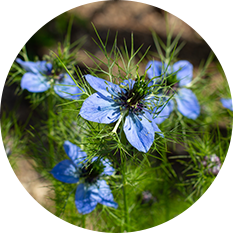


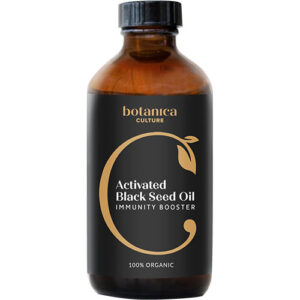
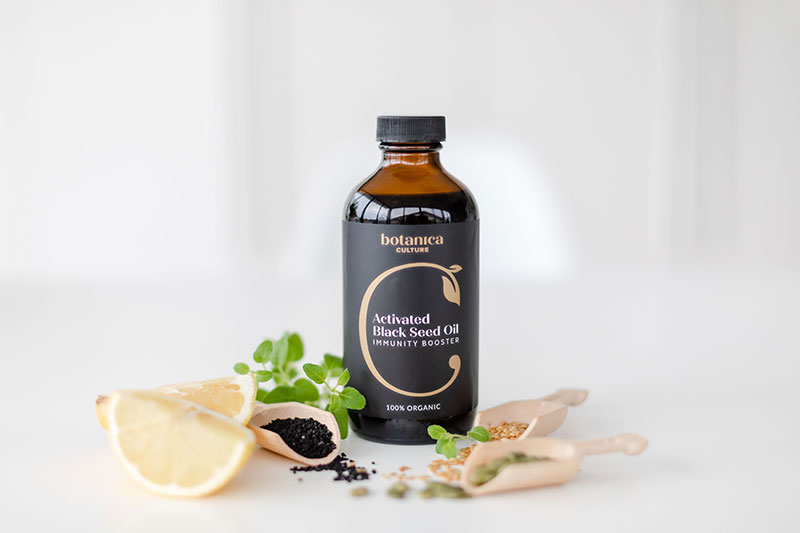
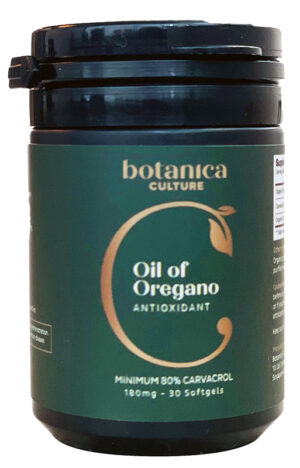
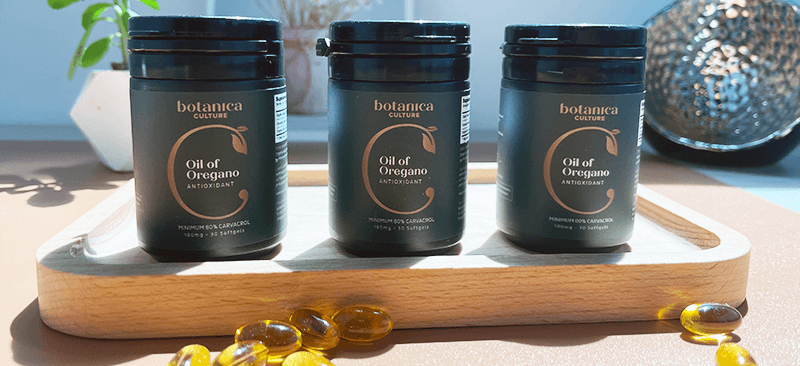
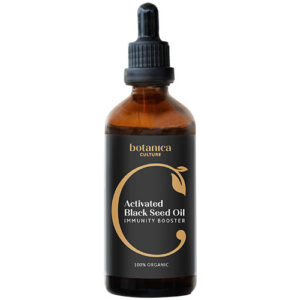
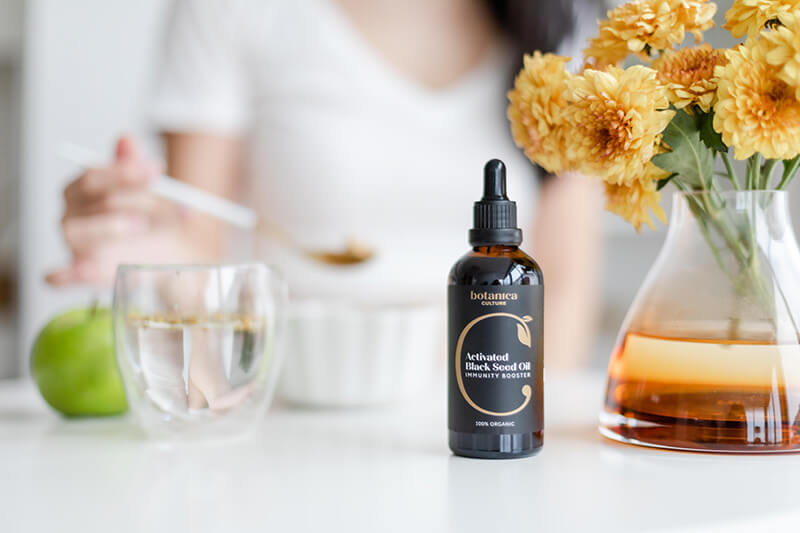

Customer Review
There are no reviews yet.